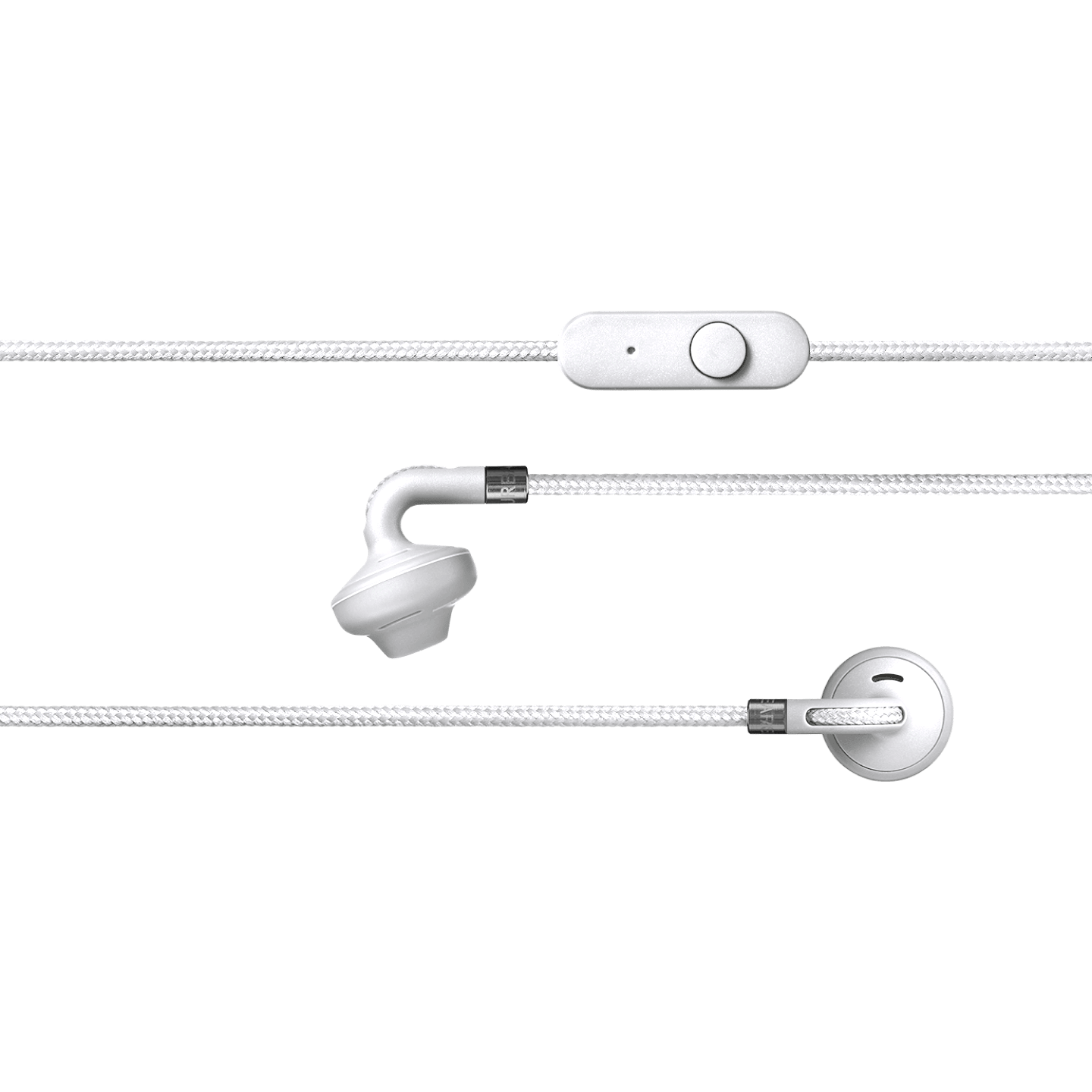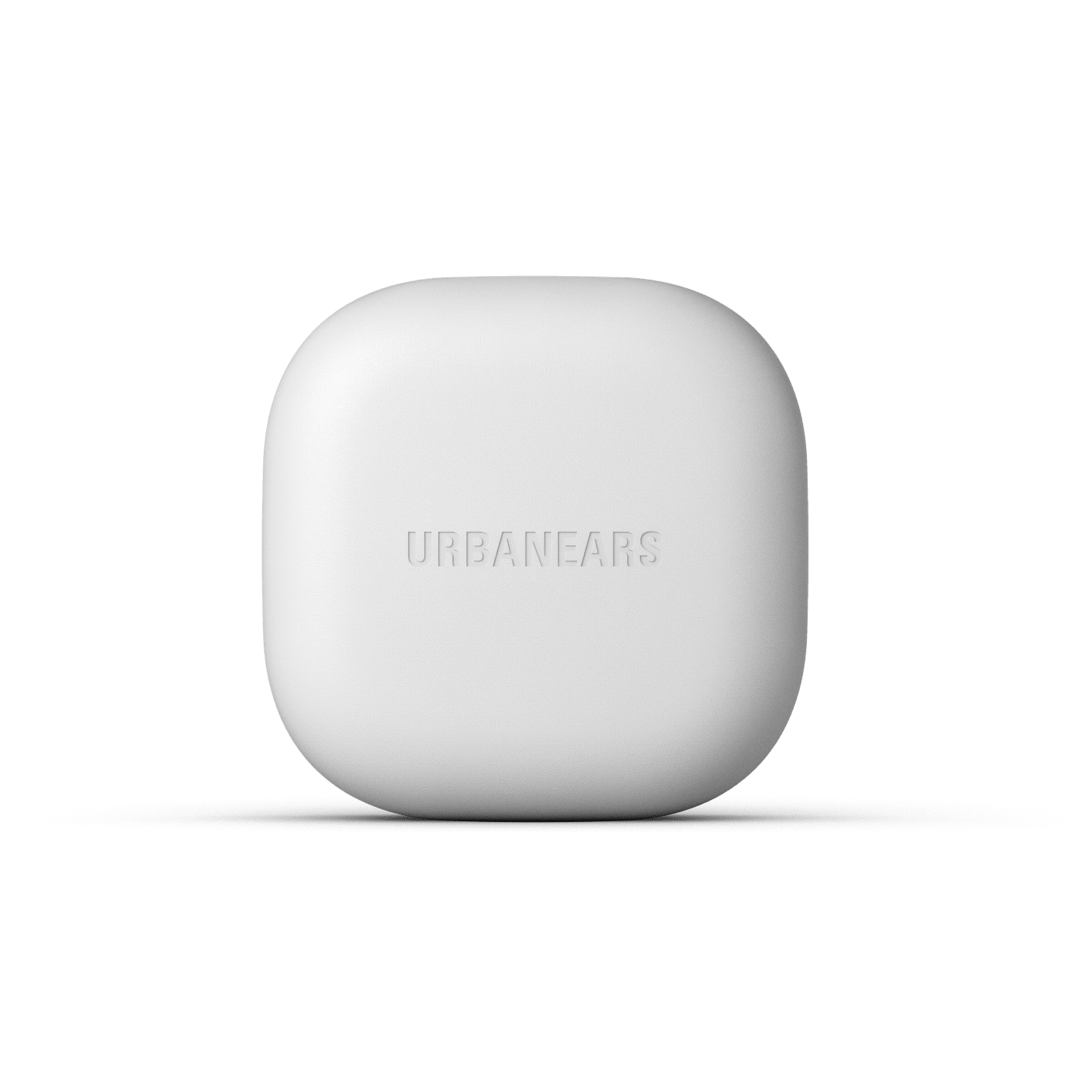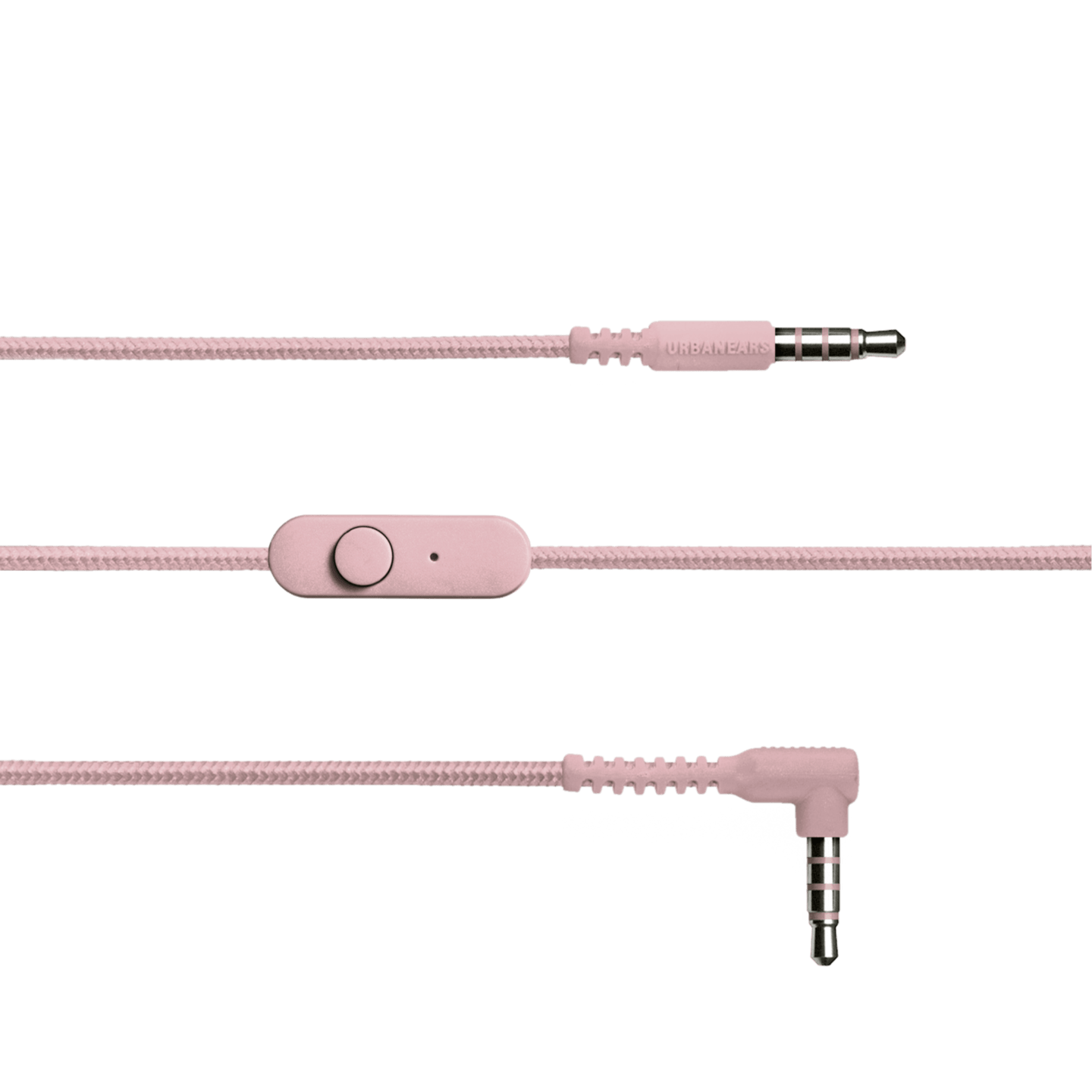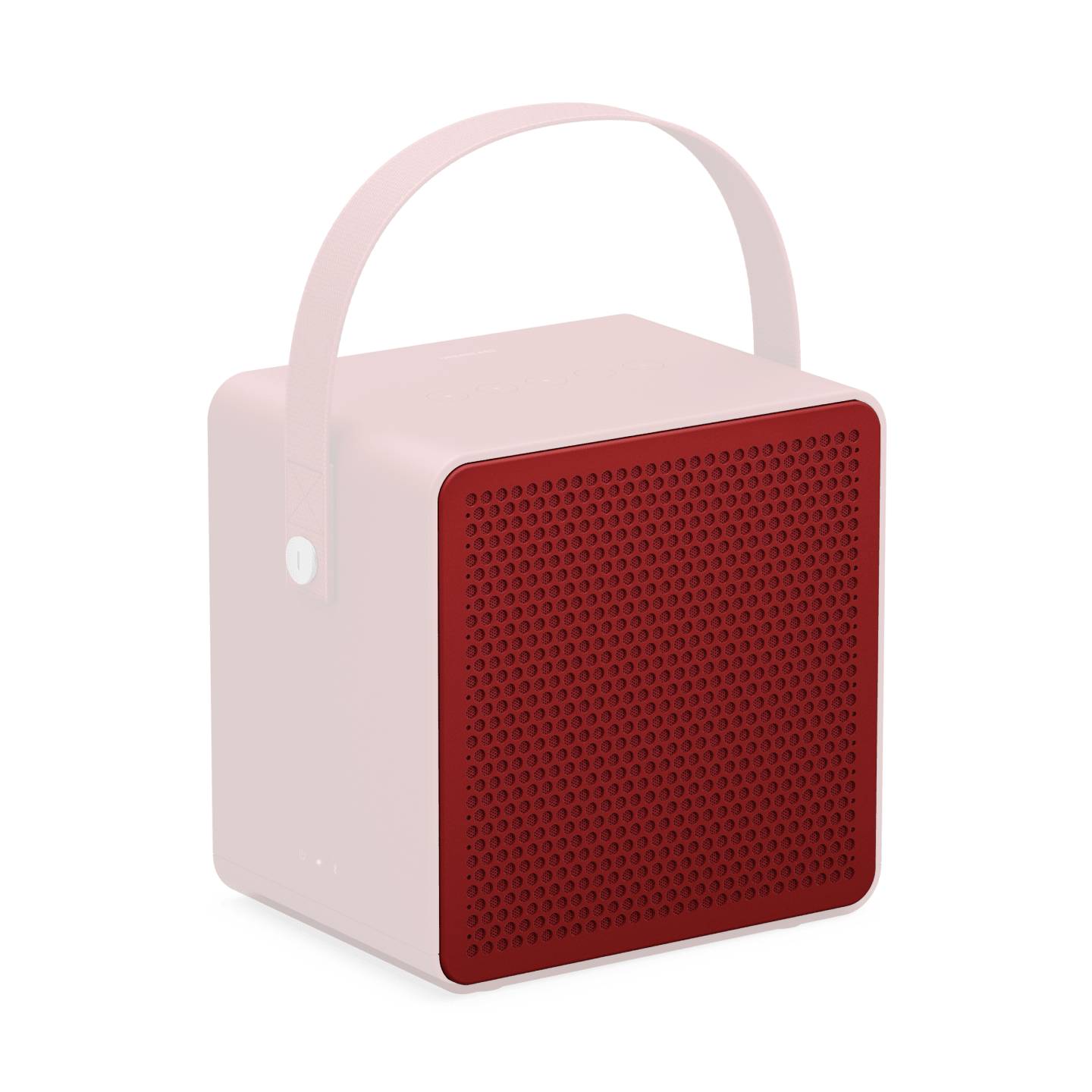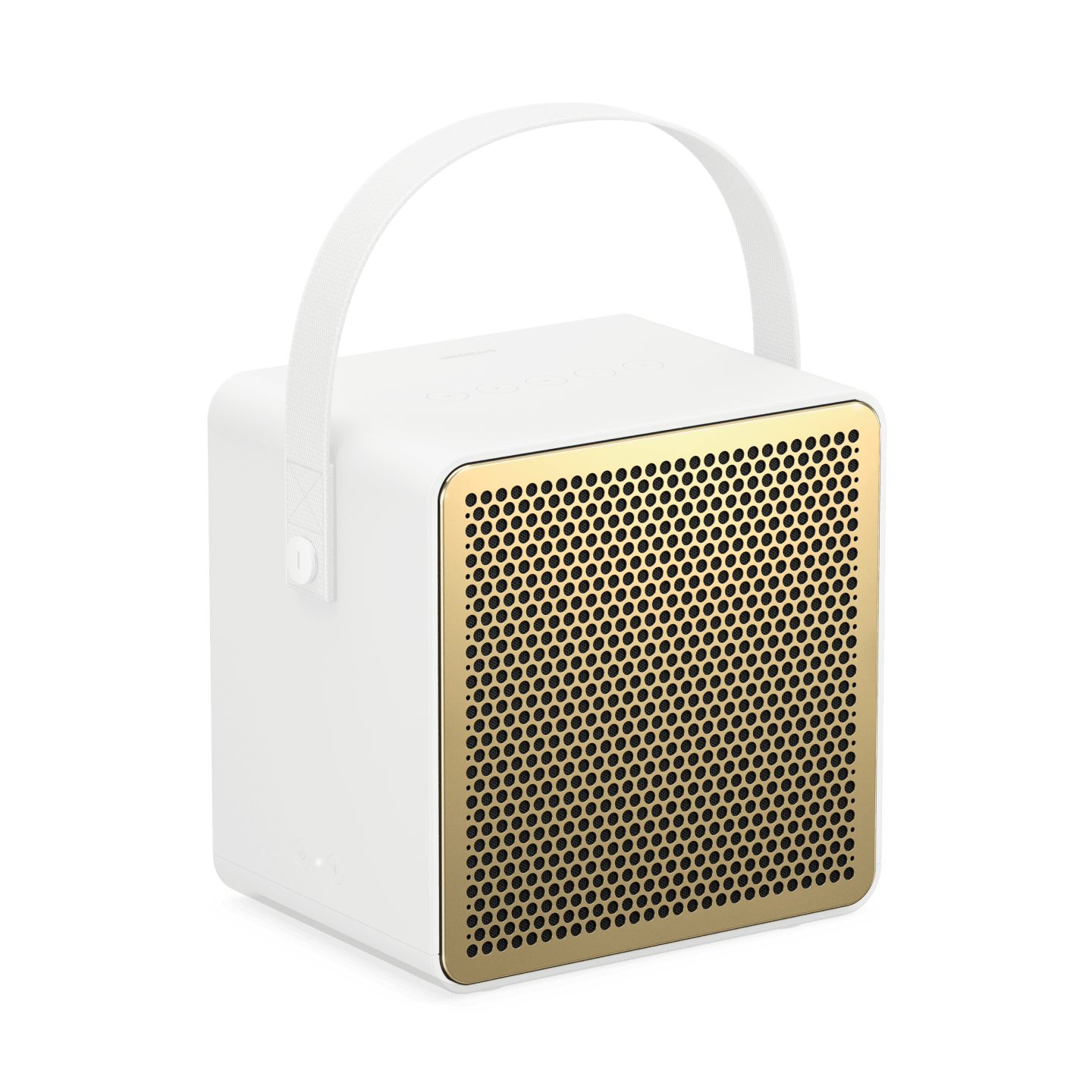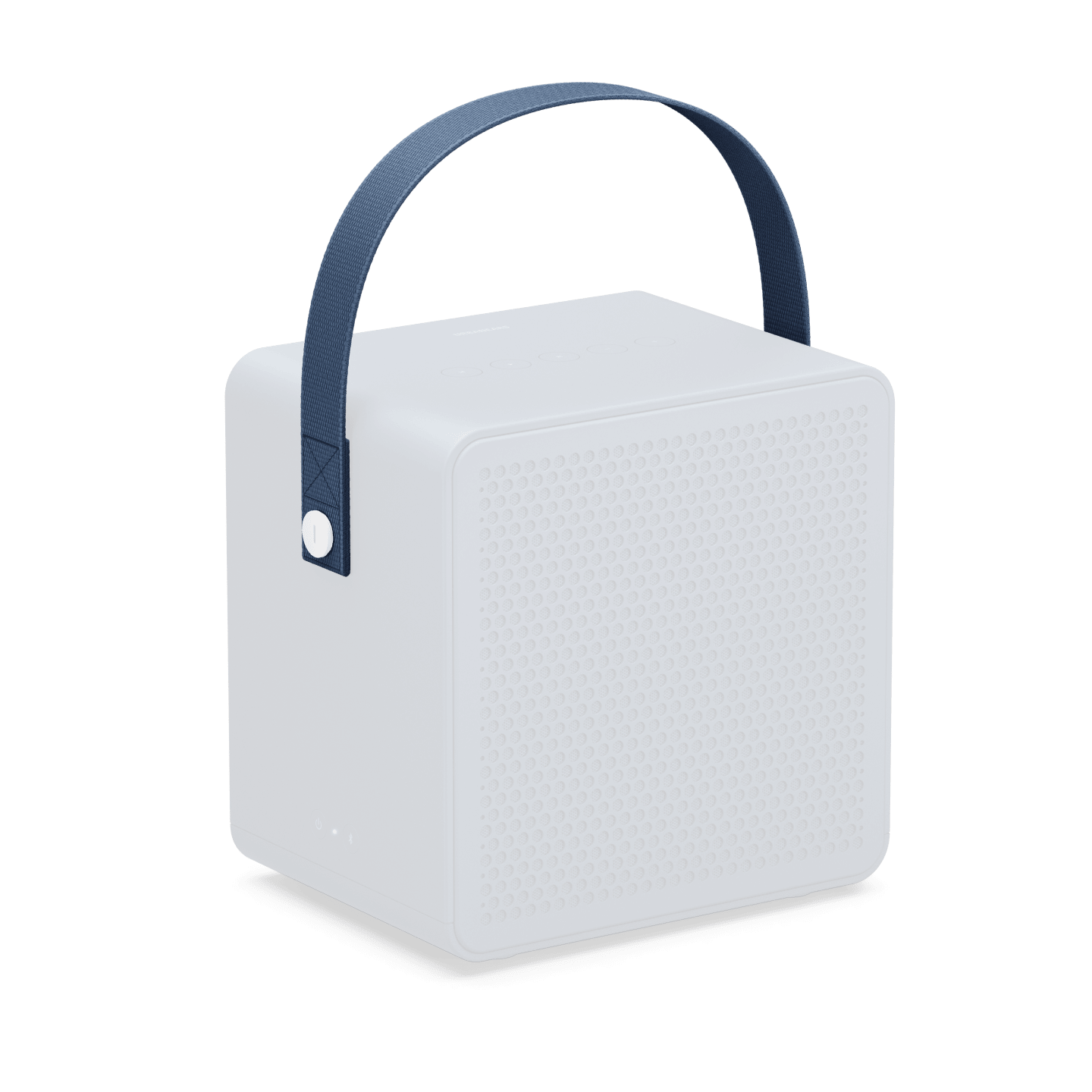Discount
Shipping
€ 12.00
Shipping Discount
- € 0.00
Total
€ 0.00
Free shipping from
3-6 business days
Method
Lietuvos Pastas [via PostNL)
Cost
€12
Time
2 - 7 business days.
3-6 business days
Free Shipping From
€49
Method
DHL Economy
Cost
€12.99
Time
2 - 7 business days.
3-4 business days
Free Shipping From
€159
Method
DHL Express
Cost
€19.99
Time
2 - 7 business days.
1 business day
Return policy
Of course you can return your Urbanears product if you are unhappy. We offer a 30 day return policy to all our customers.
When exercising your right of withdrawal, you as the customer are responsible for the return shipping. The cost of the item will be reimbursed from us.
Read more about our Return policy here.
When exercising your right of withdrawal, you as the customer are responsible for the return shipping. The cost of the item will be reimbursed from us.
Read more about our Return policy here.
Safe payments
Your security is important for us. All transactions on this website are processed using Adyen, a secure online payment gateway that encrypts your card details in a secure host environment.
Adyen is fully PCI Level 1 (the highest level) compliant and monitored by Trustwave, an ASV and a QSA for the Payment Card Industry Security Standards Council. This means we hold to the highest industry standards for data protection and network security, and card data is safe with us.
Adyen is fully PCI Level 1 (the highest level) compliant and monitored by Trustwave, an ASV and a QSA for the Payment Card Industry Security Standards Council. This means we hold to the highest industry standards for data protection and network security, and card data is safe with us.
Read about our Terms of purchase policy here
Latvia / English


















